After some of the lows of the Obama Era and the woes of 2020, more Black voters are understanding that it makes sense to look at platforms, not just parties, for policies that work
Vice President Joe Biden told radio host Charlamagne tha God back in the spring that “…you ain’t black…” if Black voters still had questions regarding which presidential candidate is better for African-Americans this fall.
Charlamagne tha God’s basic reply? “We’ve got more questions.” In fact, earlier this month, he went further, stating that he credits Trump for “…actually talking to young Black male voters…” , which is why he can understand why some Black voters “…are drawn to Trump…”
After Biden’s history on criminal justice and proposed limits on school choice, that makes some sense.
Rapper-turned-actor Ice Cube put out a “Contract with Black America”, catching the attention of both Republicans and Democrats. This came on the heels of President Trump’s “Platinum Plan” being announced and the Administration’s ongoing engagement of the Black community. Yet, many African-Americans (notably in social media and on Fox Soul) were highly critical of Ice Cube for having discussions with the Trump team concerning his plan. In essence, the complaint was that in advocating for Black America, Ice Cube was denigrating Black America due to speaking with the Trump team (i.e., the current Administration in the White House) about Black America’s needs.
Being angry about trying to find solutions from policymakers on all sides of the body politic does not make much sense. After all, isn’t that what African-American leaders have needed to do with friends and known bigots alike to advance policies that benefit Black families over the years?
Further, once another rapper-turned-actor-turned-Vitamin Water entrepreneur Curtis “50 Cent” Jackson saw the comparisons in tax plans between platforms at the federal and state levels, his response indicated a strong willingness to consider voting Republican in November:
👀WHAT THE F*CK! (VOTE ForTRUMP) IM OUT, 🏃♂️💨F*CK NEW YORK The KNICKS never win anyway. 🤷🏽♂️I don’t care Trump doesn’t like black people 62% are you out of ya fucking mind. 😤 pic.twitter.com/uZu02k2Dlz
— 50cent (@50cent) October 19, 2020
That reaction prompted a high-profile rebuke from his ex-girlfriend-still-friend Chelsea Handler through remarks on “The Tonight Show” and social media – again, among other things, to “…remind him that he was a Black person…”
Yet, after the ongoing angst over recent years in the streets of Pittsburgh, Portland, and Philadelphia, as well as within the halls of government, it is clear that African-Americans are actively searching for policies over partisan politics. We are looking to restore our communities, heal our families, and prepare our children for a successful future. We understand that this search is larger than one presidential race, one election cycle, or one political perspective. In essence, we are actively looking for new ways to secure the American Dream in a higher, truer sense than what our forefathers enjoyed over the course of American history.
One of the best ways for empowerment in the search of securing that Dream? Education.
And when looking at which presidential candidate offers a platform on education that best fits the perspectives Black families have on schools, it is clear: it is not who most Americans would think it is.
The Biden camp must continue to attempt to walk the narrow campaign path of appeasing the political left that adamantly supports expanded school choice and those that seek to restrict or eliminate it, especially as the left is doggedly split along racial lines on this issue. Looking to hold the former vice president’s future administration accountable (should he win) on advancing high-quality models of school choice for disadvantaged Americans will be a full-time effort, especially if Democrats re-take complete power on Capitol Hill and within more state assemblies throughout the nation. In contrast, African-American voters have seen consistent support and efforts from the Trump Administration and scores of Republican lawmakers across the nation. These positions and laws continue to offer hope and access to better academic options for Black and disadvantaged families — complete with programs that work to support, expand, and reward education equity in public charter schools and through private scholarship programs alike.
Despite the criticism consistently leveled at Department of Education Secretary Betsy DeVos and others within the Administration, the focus throughout the 4 years of the Trump White House has remained: create avenues through which those most vulnerable to the school-to-prison pipeline will find refuge from it (just as Vice President Pence mentioned in Pittsburgh in June). Political platforms at all levels have highlighted a willingness to respond to the academic crises faced by Black families. This is in response not just to the scourge of closed-down schools and failed academic models during the pandemic in cities such as Philadelphia and Chicago, but to the failures of academic advancement in cities such as Pittsburgh over the past several years as well. It is evident that these families understand the need for such a direction. It is true for our nation collectively: that without a fundamental shift in the education and preparedness of African-American youth for engaging, participating, and leading in America’s future and the global economy, a second-class citizenship will be mostly all that they can hope for. We can never have constitutional equality if aspirations for achievement are needlessly limited to broken traditional models.
Of course, this is unacceptable. Thus, new pathways, from the creation and expansion of charter school laws to the formation of vouchers and scholarship programs, have been supported and advanced over the years. Support through CARES Act funding and ‘Back on Track’ accounts have become viable options to address short-term woes for all students. We cannot close the stubborn occupation and wage-earning gaps between Blacks and Whites in our nation without a better educational foundation for more Black students in America. We will not eradicate the needless slaughter of young Black males due to gun violence without providing bastions where these young guys receive the academic and moral guidance to become young Black men. We will not end the ongoing patterns of racism in America without providing equity in education, so that the value of women and men based on their talents and character remain strikingly prevalent in our daily interactions. We will not build new bridges of trust between all corners of America without fixing the broken roads that currently lead to inadequate instruction and preparation for too many American children in failing schools.
Just looking at political parties provides one perception. However, looking at the actual platforms and actions of the parties over recent years changes some perceptions, especially when looking at it all through the prism of education. It is no wonder that more African-Americans are looking into the platforms of both parties. In an era after the 2-term presidency of the first African-American president that still buckles under the collective racial national divide on culture, economics, employment, and healthcare, it is education that is the brightest dissimilarity between Blacks and Whites. Thankfully, education is also our best opportunity to remedy the injustice felt by millions of Americans through this mulish gulf. Throughout recent years, one side has been on the right side of working with Black America for a better future on the ABC’s of success: education equity. Regardless of rhyme, rap, or reason, it makes sense that on critical issues such as this, Black voters should consider this in their votes throughout the ballot this fall, only to leverage their perspectives with the next set of lawmakers across the nation after November.
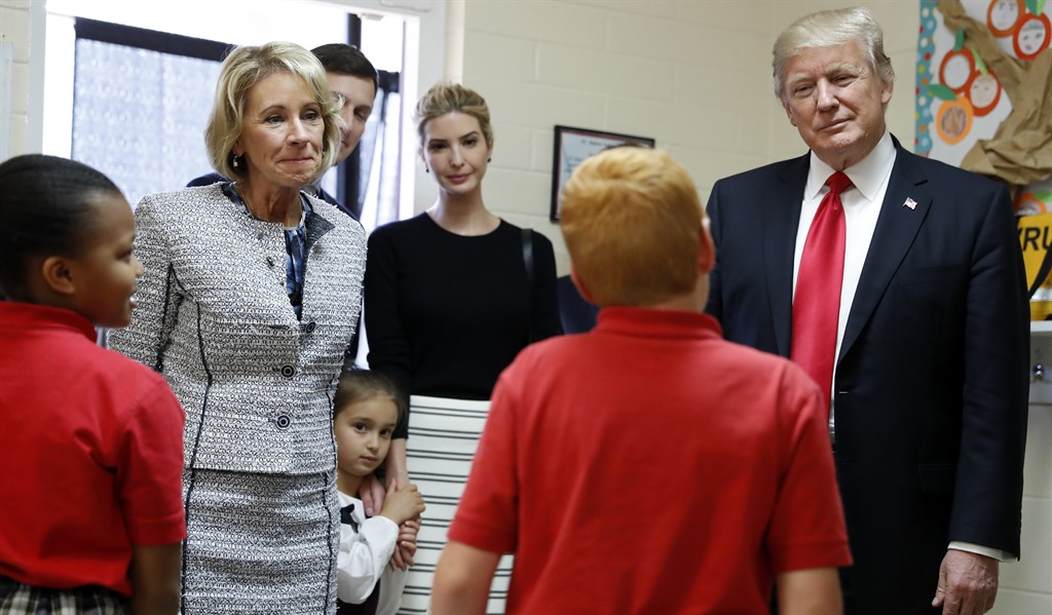


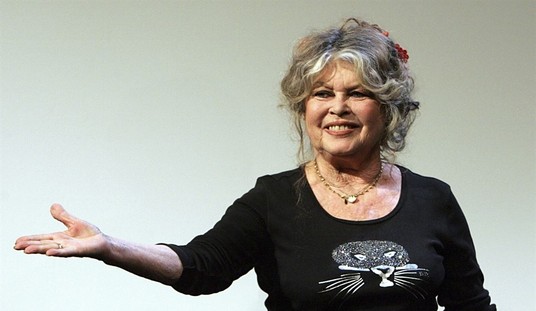
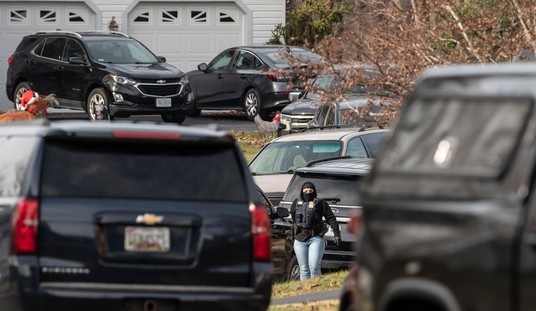

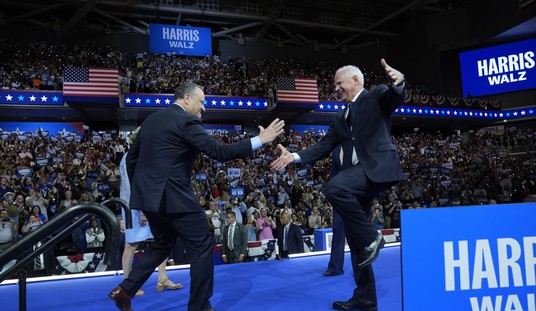






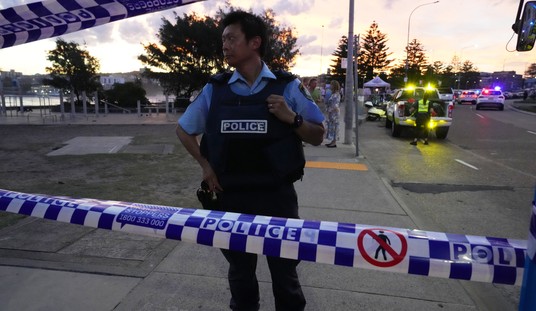
Join the conversation as a VIP Member